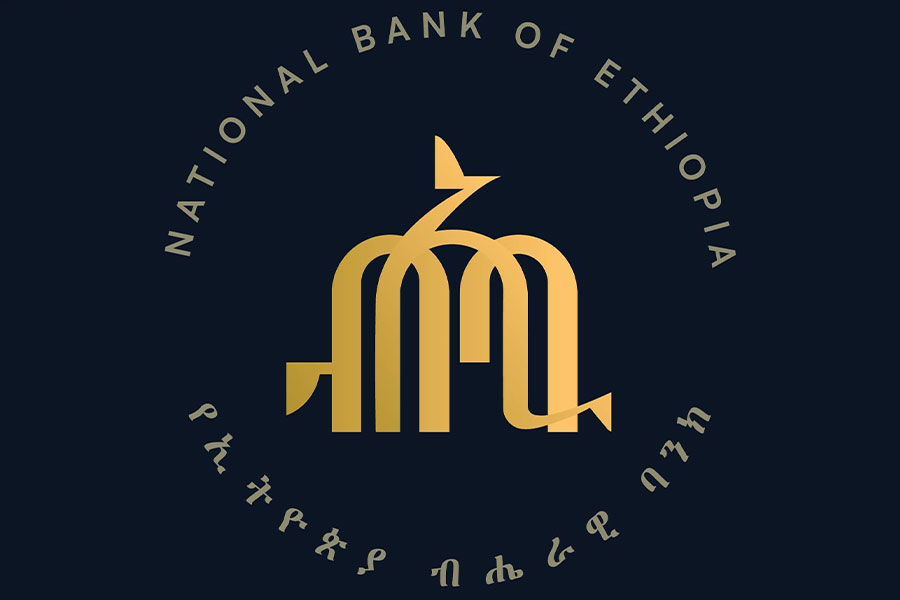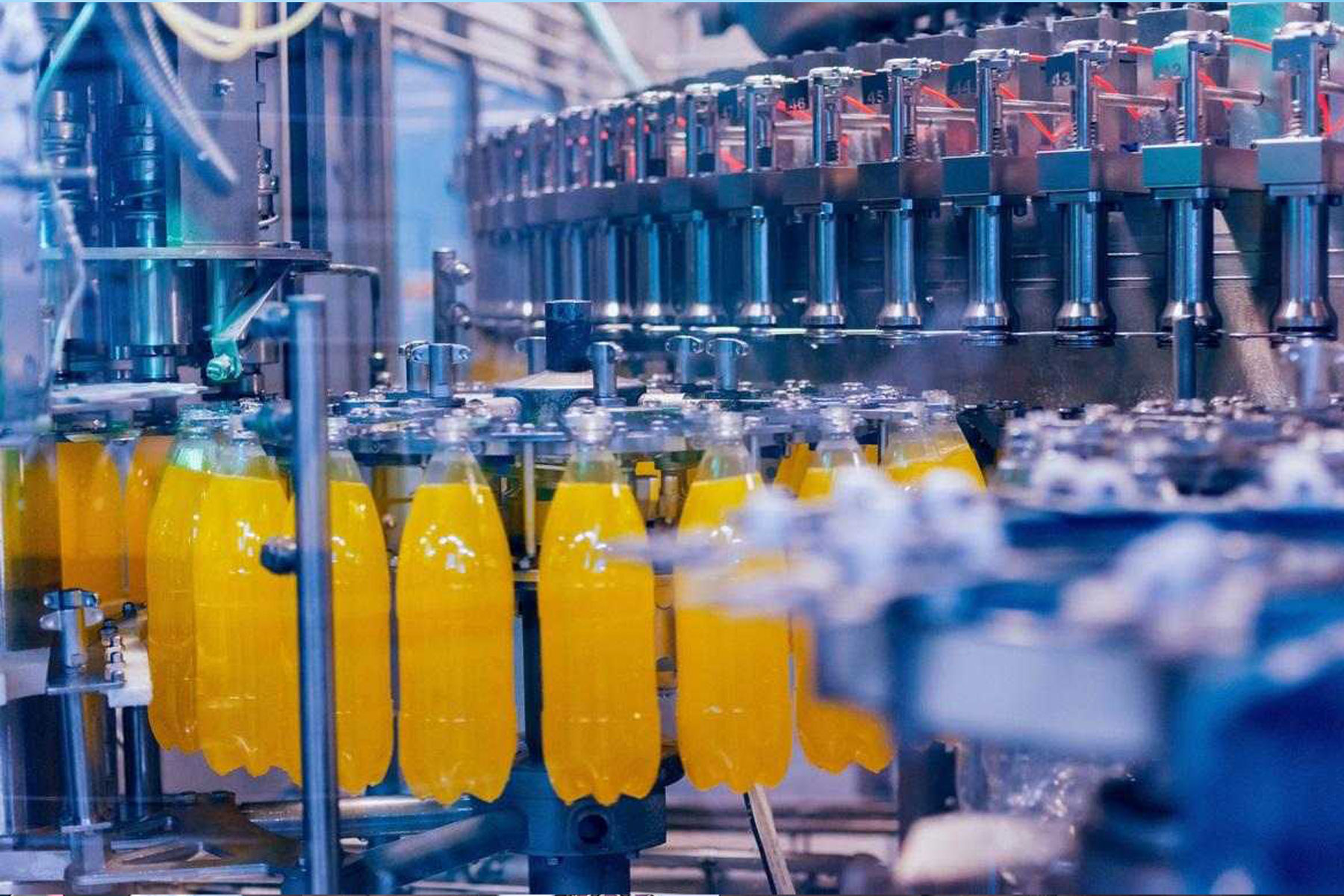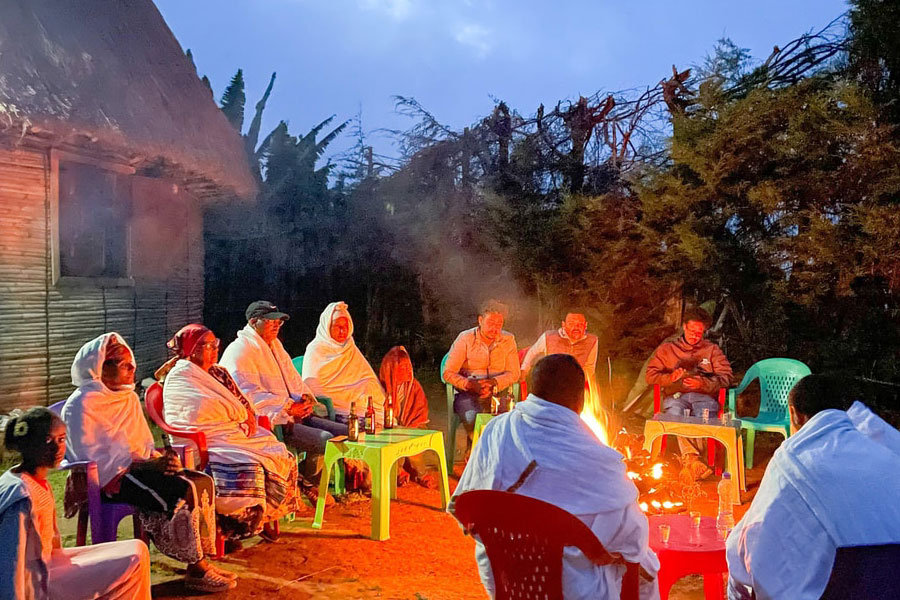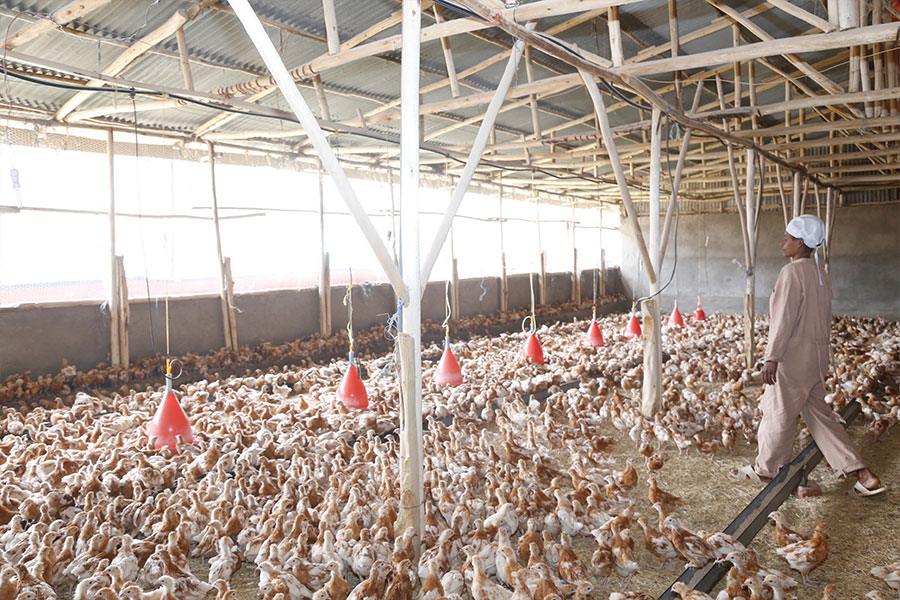
The Ethiopian Sugar Industry Group (ESIG) has been established by the federal government, holding five state-owned estates. The Group was established with a 115 billion Br capital under the corporate supervision of the Public Enterprises Holding & Administration Agency.
The Council of Ministers formed the Group last month with a mandate to manage the operations of the three oldest sugar factories – Wonji, Metehara, and Fincha – and the newly built Kesem and Tana Beles plants. It also has the mandate to monitor the activities of the eight state-owned sugar plants under construction. In operation, the five sugar estates have a combined production capacity of nearly four million tonnes a year, short of 3.2 million quintals from domestic demand.
Each of the factories, established as public enterprises, are the Group's founding shareholders.
The Group replaces the Ethiopian Sugar Corporation, overseeing the sugar factories since 2010. The Corporation was established as a state-owned enterprise to develop sugar estates and production, including for export markets. Since its inception, it has been overseeing the operation and construction of 13 sugar factories.
Over a decade ago, the federal government embarked on the construction of 10 sugar plants in hopes of creating sugar industries for the export market, and satisfying domestic demand. Initially, the defunct Metals & Engineering Corporation (MetEC) was awarded the construction contracts. MetEC has failed to fulfil its contractual obligation to complete more than half of the projects on the drawing board.
According to Fasil Gebremariam, head of corporate legal and insurance affairs at the Sugar Corporation, plants under construction or inoperative are expected to get going under the Group.
Five sugar plants lag behind schedule, including three in Omo-Kuraz, Welqayit in the Tigray Regional State, and Arjo Dedessa in the Oromia Regional State.
However, construction work on three plants has been finalised, including the Omo-Kuraz III plant in the South West Regional State, 900Km southwest of Addis Abeba. The plant can produce up to 10,000qtl of sugar a day. It was erected at the cost of 290 million dollars. Initially developed by Al-Habesha Plc, a Pakistani company, Arjo Dedessa was established in 2009 before it was sold to the Corporation. However, construction remains unfinished.
The fate of Welqayit Sugar Factory remains uncertain due to the ongoing civil war in the northern part of the country. The area is a subject of contestation between the Amhara and Tigray regional states, claims that pose challenges to bringing a negotiated settlement to the 17-month militarised conflict.
Federal officials hope the newly formed Group offers a corporate platform to raise financing through loans from domestic or foreign institutions and the sale of bonds. Each of the five sugar plants that established the Group as founding shareholders has the authority to negotiate and sign loans with domestic and foreign financial institutions. It reverses the previous practice, where the Corporation was solely responsible for negotiating and signing off on loans.
The state-owned Commercial Bank of Ethiopia (CBE) has long served as the primary domestic creditor for the Corporation. Late last year, the Corporation had asked for 11.3 billion Br in loans from the CBE for rehabilitation works and servicing debts. The Sugar Corporation is among the public enterprises slated to have their debt soaked up by the Liability & Asset Management Corporation established last year. It has paid off 27.2 billion Br in debts owed by the Sugar Corporation and the Chemical Industries Corporation.
Fasil says the Group's establishment will help factories actively engage in the procurement of large machinery, spare parts, and inputs. It will also have the mandate to access finance and procure spare parts for the eight sugar plants.
Federal officials hope the Group's management will see through the construction works at the five plants completed and prepare plants under its oversight for privatisation.
Last July, Ernst & Young was hired as a transaction advisor after offering 3.3 million dollars.
In 2018, the federal government began privatising 13 sugar plants in operation or under construction. The plan involved privatising eight plants whose construction was completed, including the Tana Beles and Wonji Shoa factories. The federal government has negotiated with Ethio-Sugar Manufacturing S.C. to privatise Wonji Shoa Sugar Factory. In 2019, the share company had offered an estimated 11 billion Br for the plant. Yet, no agreement was reached.
“As long as there is a potential buyer, the government is ready to sell the sugar plants,” Weyo Roba, chief executive officer (CEO) of the Corporation, told Fortune.
Weyo has been managing the Corporation since 2019, seven years after he began serving as deputy CEO in charge of its operations division. Before joining the Corporation, he had served the Oromia regional administration.
“Although most of them have been completed, there is a need to make the plants efficient and ready for privatisation,” said Weyo.
Abenet Belay, a senior investment consultant at MPE Business & Investment Consultancy, believes the establishment of the Group is a necessary step to speed up the privatisation process.
“However, it'll take longer to make [the factories] attractive to potential investors," he said.
Abenet recommends that the government sell part of its equity shares in the plants and run them under a joint venture.
The Group is also hoped to address issues with spare parts and the foreign currency crunch plaguing the sugar plants in operation.
Established in 1951 with the merger of Wonji and Shoa sugar plants, Wonji Shoa Sugar Factory is one of the oldest plants in the country. Located 110Km south of the capital, it is troubled by a shortage of foreign currency, cutting its annual production capacity of 1.8 million quintals by less than half.
The Chief Executive Officer (CEO), Jemal Aman, attributed the tremendous fall in production to the breakdown of machinery parts. His management applied for 20 million dollars to import the spare parts this year. They have got approval for one million dollars.
“The new corporate arrangement will allow us to access foreign currency without waiting for approval from the highest organs of government,” said Jemal.
PUBLISHED ON
Apr 30,2022 [ VOL
23 , NO
1148]

Fortune News | Apr 20,2024

Radar | Jul 31,2021

Featured | Jan 07,2024

Agenda | Sep 28,2024

Fortune News | Jul 02,2022

Dec 22 , 2024 . By TIZITA SHEWAFERAW
Charged with transforming colossal state-owned enterprises into modern and competitiv...

Aug 18 , 2024 . By AKSAH ITALO
Although predictable Yonas Zerihun's job in the ride-hailing service is not immune to...

Jul 28 , 2024 . By TIZITA SHEWAFERAW
Unhabitual, perhaps too many, Samuel Gebreyohannes, 38, used to occasionally enjoy a couple of beers at breakfast. However, he recently swit...

Jul 13 , 2024 . By AKSAH ITALO
Investors who rely on tractors, trucks, and field vehicles for commuting, transporting commodities, and f...

Nov 1 , 2025
The National Bank of Ethiopia (NBE) issued a statement two weeks ago that appeared to...

Oct 25 , 2025
The regulatory machinery is on overdrive. In only two years, no fewer than 35 new pro...

Oct 18 , 2025
The political establishment, notably the ruling party and its top brass, has become p...

Oct 11 , 2025
Ladislas Farago, a roving Associated Press (AP) correspondent, arrived in Ethiopia in...